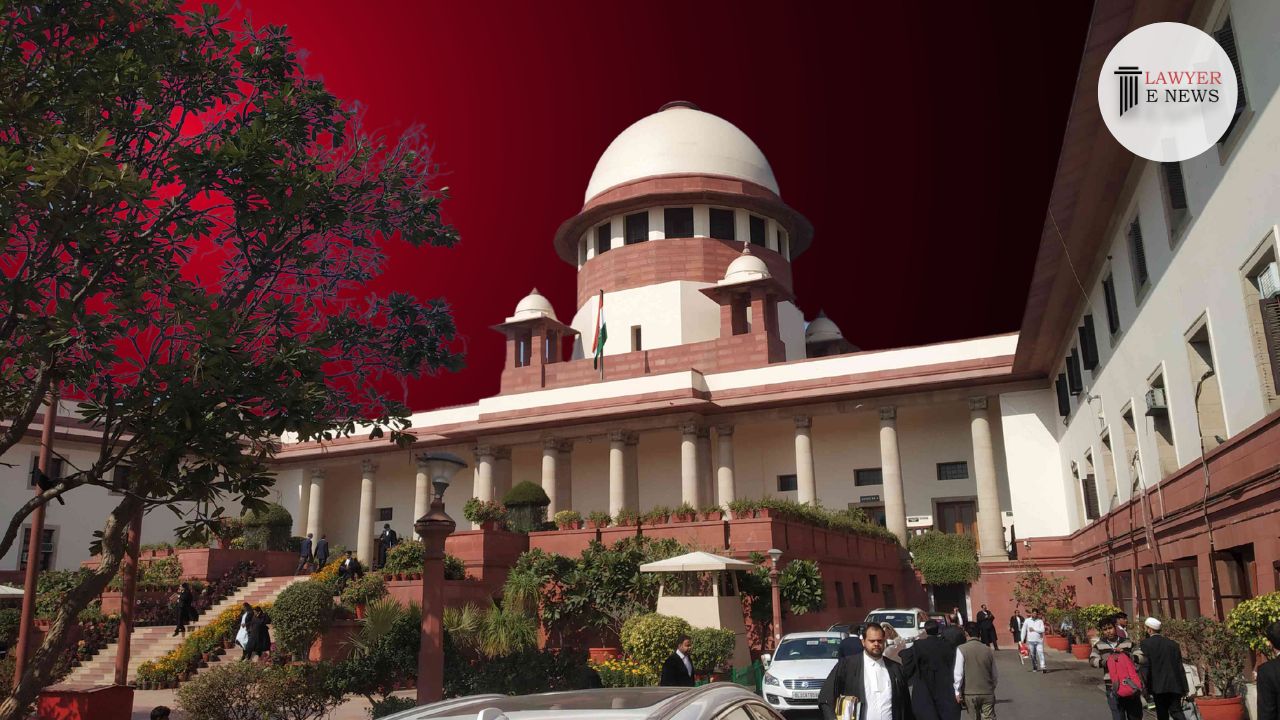-
by Admin
15 February 2026 5:01 PM



In a significant judgement, the Supreme Court acquitted Raghunatha and Manjunatha in a murder case from Karnataka. The bench, led by Justice B.R. Gavai, underscored that "suspicion, however strong, cannot take the place of proof," thereby overturning the convictions by the lower courts.
The key legal point addressed in this judgment revolved around the principles of proving guilt in a case based solely on circumstantial evidence. The Supreme Court emphasized that for a conviction based on circumstantial evidence, the established facts must be consistent only with the hypothesis of the accused's guilt and should exclude all other hypotheses.
Raghunatha and Manjunatha were accused of murdering Ramu, based on circumstances including the 'last seen' theory, motive, and recovery of the murder weapon. The trial court had convicted them, and the High Court modified their conviction to Section 304 Part-I of IPC, sentencing them to 10 years of imprisonment.
The Supreme Court meticulously assessed the circumstances cited by the prosecution. On the 'last seen' theory, the Court observed that merely being near the crime scene with a weapon did not establish that the deceased was last seen with the appellants. The Court noted discrepancies in witnesses' testimonies regarding the appellants' presence near the crime scene.
Regarding the motive, the High Court had already found the prosecution's evidence on the alleged financial loss and enmity insufficient. The Supreme Court agreed, emphasizing that the prosecution failed to convincingly establish the motive.
On the recovery of the weapon, the Court noted that it was found in an open place, accessible to many, and such a circumstance, on its own, was not enough to convict.
Considering these observations, the Supreme Court concluded that the prosecution failed to establish a complete chain of circumstances leading to an unmistakable conclusion of the appellants' guilt. The Court thus allowed the appeal, acquitted the appellants of all charges, and ordered their immediate release.
Date of Decision: March 21, 2024
Raghunatha and Another Versus The State of Karnataka
